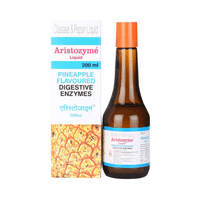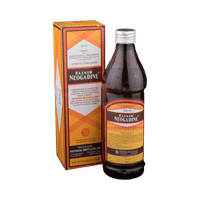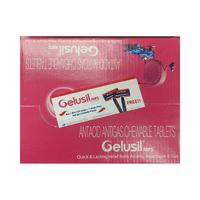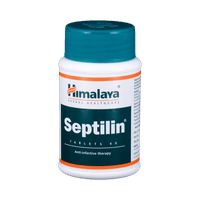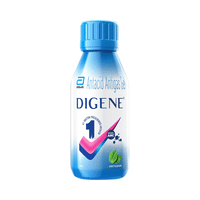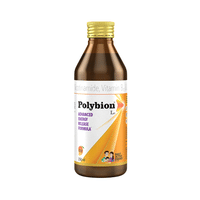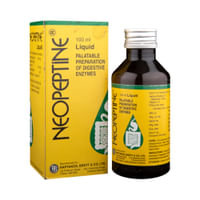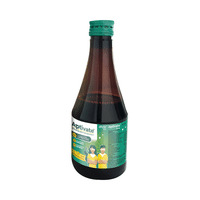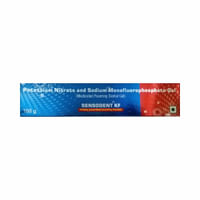Dexaneo-AC Ear Drop
Rs.154for 1 bottle(s) (10 ml Ear Drop each)
food interaction for Dexaneo-AC
alcohol interaction for Dexaneo-AC
pregnancy interaction for Dexaneo-AC
lactation interaction for Dexaneo-AC
food
alcohol
pregnancy
lactation
No interaction found/established
No interaction found/established
Dexaneo-AC Ear Drop may be unsafe to use during pregnancy. Although there are limited studies in humans, animal studies have shown harmful effects on the developing baby. Your doctor will weigh the benefits and any potential risks before prescribing it to you. Please consult your doctor.
CONSULT YOUR DOCTOR
Dexaneo-AC Ear Drop is probably safe to use during breastfeeding. Limited human data suggests that the drug does not represent any significant risk to the baby.
SAFE IF PRESCRIBED
SALT INFORMATION FOR Dexaneo-AC
Neomycin(0.35% w/v)
Uses
Neomycin is used in the treatment of bacterial infections.
How it works
Neomycin is an antibiotic. It stops bacterial growth by preventing synthesis of essential proteins required by bacteria to carry out vital functions.
Common side effects
Application site reactions (burning, irritation, itching and redness)
Dexamethasone(0.1% w/v)
Uses
Dexamethasone is used for Inflammatory conditions and Autoimmune conditions.
How it works
Dexamethasone is a steroid which works by blocking the production of certain chemical messengers in the body that cause inflammation (redness and swelling) and allergies.
Common side effects
Increased appetite, Edema (swelling), Increased intraocular pressure, Decreased potassium level in blood, Tendon rupture, Weight gain, High blood pressure, Increased glucose level in blood, Menstrual disorder, Glaucoma, Slow heart rate, Tachycardia, Arrhythmia (irregular heartbeats), Enlarged heart, Circulatory shock, Fat embolism, Fainting, Thromboembolism, Thrombophlebitis, Vasculitis, Glucose intolerance, Cushing syndrome, Fat accumulation, Conjunctival hemorrhage, Vitreous detachment, Conjunctival hyperemia, Posterior subcapsular cataract, Acne, Allergic dermatitis, Hair loss, Stretch marks, Facial redness, Fragile skin, Skin hyperpigmentation, Hypertrichosis (excessive hair growth), Hypopigmentation, Fluid retention, Growth retardation in children, Excessive hair growth on face, Hypokalemic alkalosis, Negative nitrogen balance, Hiccup, Nausea, Vomiting, Abdominal pain, Pancreatic inflammation, Anal itching, Defective spermatogenesis, Kaposi sarcoma, Hepatomegaly (enlarged liver), Anaphylactic reaction, Sterile abscess, Postinjection flare, Emotional lability, Headache, Idiopathic intracranial hypertension, Increased intracranial pressure, Myasthenia (weakness and rapid fatigue of muscle), Neuropathy, Personality changes, Seizure, Vertigo, Amyotrophy, Bulging eyes, Pulmonary edema, Impaired wound healing, Aseptic necrosis, Muscle weakness, Osteoporosis, Pathologic fracture of long bones, Steroid myopathy, Vertebral compression fractures, Increased liver enzymes
SUBSTITUTES FOR Dexaneo-AC
No substitutes foundExpert advice FOR Dexaneo-AC
- You have been prescribed Neomycin for the treatment of bacterial skin infections.
- It should be applied to the affected areas as a thin film, two or three times daily, or as advised by your doctor.
- Don't use it more often or for longer than advised by your doctor. Inform your doctor if your skin problem hasn't improved after seven days of treatment.
- Don't apply it to broken skin and avoid getting it in your eyes, nose or mouth.
- Don't cover the area being treated with airtight dressings such as bandages unless directed by a doctor, as this may increase the risk of side effects.
- It may cause temporary burning, itching or a redness at application site. This is usually mild. Consult your doctor if you experience a more severe reaction.
Frequently asked questions FOR Dexaneo-AC
Neomycin
Q. What is Neomycin? What is it used for?
Neomycin is an antibiotic used to treat bacterial skin infections. It may also be used to treat infected cuts and wounds. Neomycin stops the bacteria from growing, which helps to resolve the symptoms.
Q. Is Neomycin effective?
Neomycin is effective if used in the dose and duration advised by your doctor. Do not stop taking it even if you see improvement in your condition. If you stop using Neomycin too early, the symptoms may return or worsen.
Q. How to use Neomycin?
Before using Neomycin, clean and dry the affected area. Gently and thoroughly massage it into the skin. Be careful not to get the medication in your eyes or mouth. If Neomycin gets in your eyes accidentally, wash with plenty of water and call your doctor if your eyes are irritated.
Dexamethasone
Q. Is Dexamethasone a steroid?
Yes, Dexamethasone is a steroid medicine also known as glucocorticoids which occur naturally in the body and help to maintain health and wellbeing. Dexamethasone helps in treating various illnesses involving inflammation (redness, tenderness, heat and swelling) in the body.
Q. What is Dexamethasone used for?
Dexamethasone has anti-inflammatory and immunosuppressant properties. It is used to treat conditions like allergic conditions, anaphylaxis, asthma, rheumatoid arthritis and inflammatory skin diseases. It also aids in treating autoimmune diseases (these diseases happen when your body’s immune system attacks the body itself and causes damage) and certain eye disorders. Additionally, it is used to treat cancer and nephrotic syndrome when used with other medicines.
Q. How is Dexamethasone administered?
Dexamethasone should be administered by a doctor or under the supervision of a healthcare professional and should not be self-administered. Usually, it is given into a muscle (intramuscular), joint (intra-articular), directly into a vein (direct intravenous), infusion or into the area being treated (soft tissue infiltration). The dose will be decided by your doctor based on the condition you are being treated for as well as your body weight. Follow your doctor’s instructions carefully to get the maximum benefit from Dexamethasone.













